Energy policy and EU integration
Application of the energy agreement with Russia depends on the speed of Serbia’s EU integration, say energy experts.
Wednesday, 16.07.2008.
11:53

Application of the energy agreement with Russia depends on the speed of Serbia’s EU integration, say energy experts. Serbia has no plan for counteracting the global energy crisis. Energy experts, speaking to B92, blamed this on state monopolies and inter-party deals. Energy policy and EU integration They warn that Serbia urgently needs to take steps firstly to curb soaring energy prices, and secondly, to avert shortages of electricity and fuel. Serbia’s energy needs thus far have been satisfied via strategic partnerships. Talks are under way with Russia. The agreement that has still to be ratified in parliament is only a prerequisite for the conclusion of an energy contract. Milan Simurdic, an expert on energy security, claims that Russia is conditioning application of the agreement on Serbia’s speedy accession to the EU. Demand for energy in Serbia is rising at a rate of six percent per year. Without construction of any power plants, Serbia could soon face restrictions. At the same time, the energy sector is the subject of bargaining between parties, says Sijka Pistolova, editor-in-chief of Energy Observer magazine. The Republic of Srpska (RS) is building hydro-electric power stations at a fast rate. An energy law has been adopted in Serbia, but in the four years of its existence, no sub-legal acts have been adopted that would allow private companies to produce ecological or alternative energy. Energy consultant Zorana Mihajlovic-Milanovic believes that this is a consequence of the power of a monopoly that is dictating high prices. The experts warn that Serbia cannot isolate itself from world economic trends, and that every jolt on the international market has an impact on prices in Serbia. For that reason, long-term energy planning has to be a priority for any government.
Energy policy and EU integration
They warn that Serbia urgently needs to take steps firstly to curb soaring energy prices, and secondly, to avert shortages of electricity and fuel.Serbia’s energy needs thus far have been satisfied via strategic partnerships.
Talks are under way with Russia. The agreement that has still to be ratified in parliament is only a prerequisite for the conclusion of an energy contract.
Milan Simurdić, an expert on energy security, claims that Russia is conditioning application of the agreement on Serbia’s speedy accession to the EU.
Demand for energy in Serbia is rising at a rate of six percent per year. Without construction of any power plants, Serbia could soon face restrictions.
At the same time, the energy sector is the subject of bargaining between parties, says Sijka Pištolova, editor-in-chief of Energy Observer magazine.
The Republic of Srpska (RS) is building hydro-electric power stations at a fast rate. An energy law has been adopted in Serbia, but in the four years of its existence, no sub-legal acts have been adopted that would allow private companies to produce ecological or alternative energy.
Energy consultant Zorana Mihajlović-Milanović believes that this is a consequence of the power of a monopoly that is dictating high prices.
The experts warn that Serbia cannot isolate itself from world economic trends, and that every jolt on the international market has an impact on prices in Serbia. For that reason, long-term energy planning has to be a priority for any government.










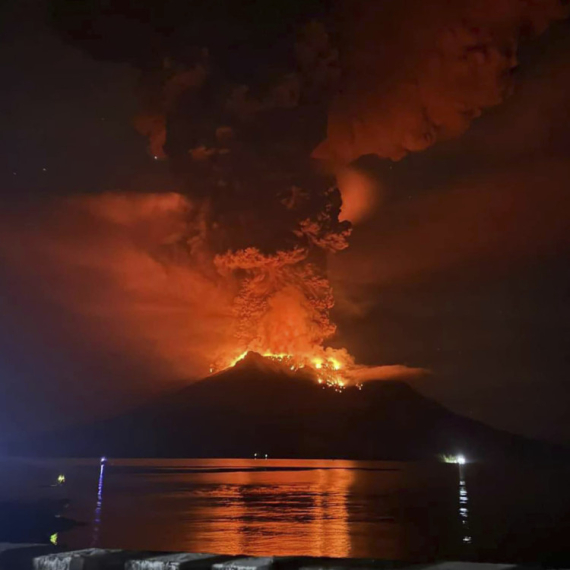
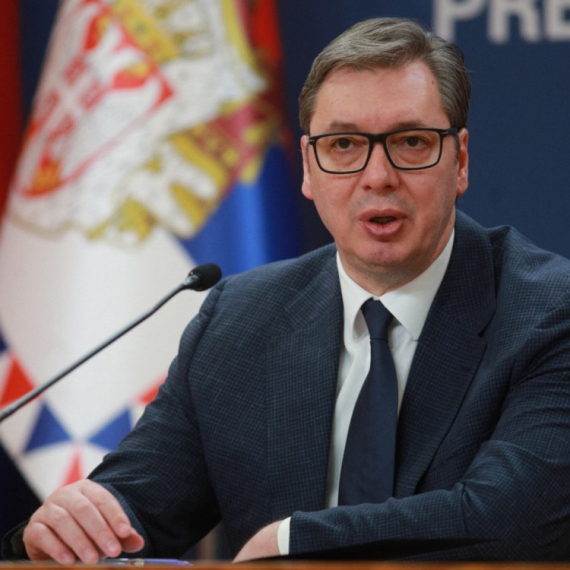
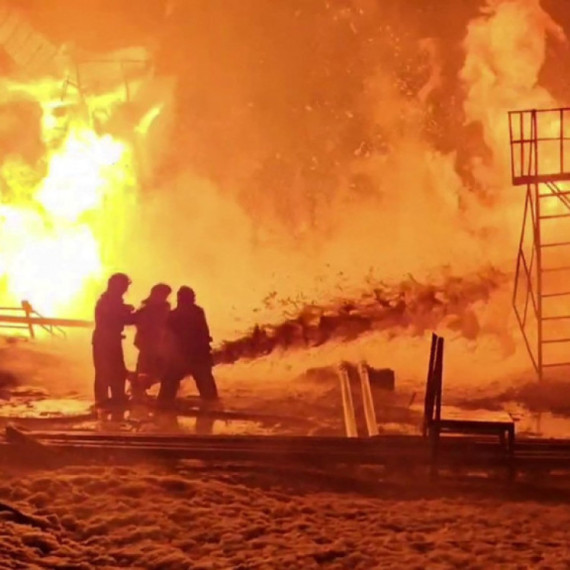










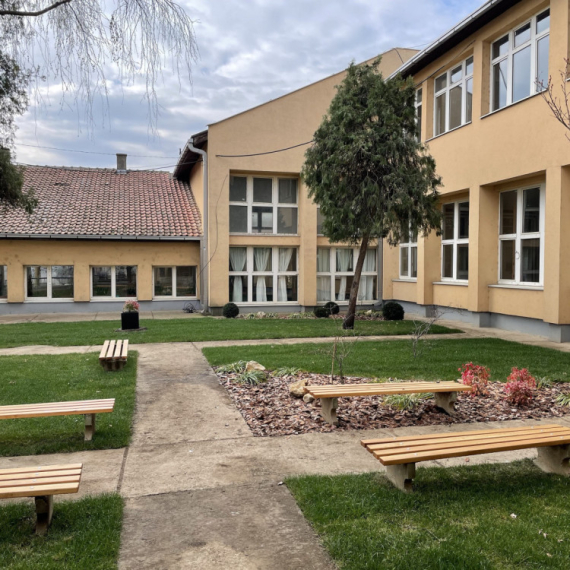











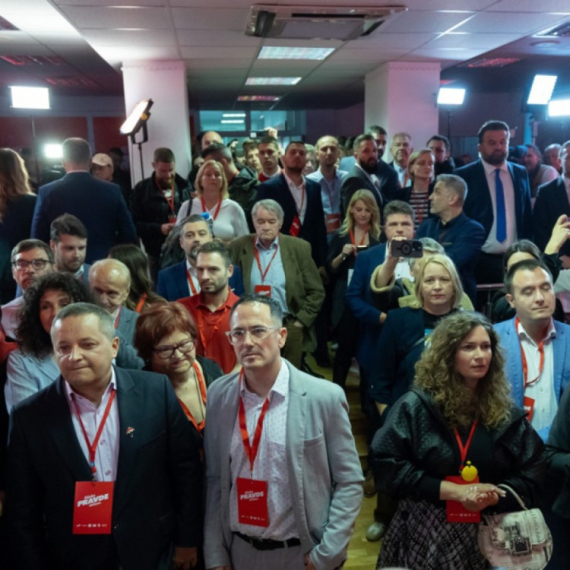



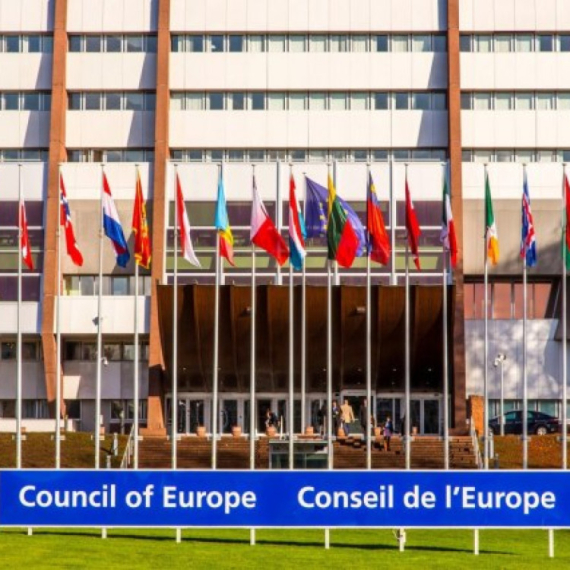






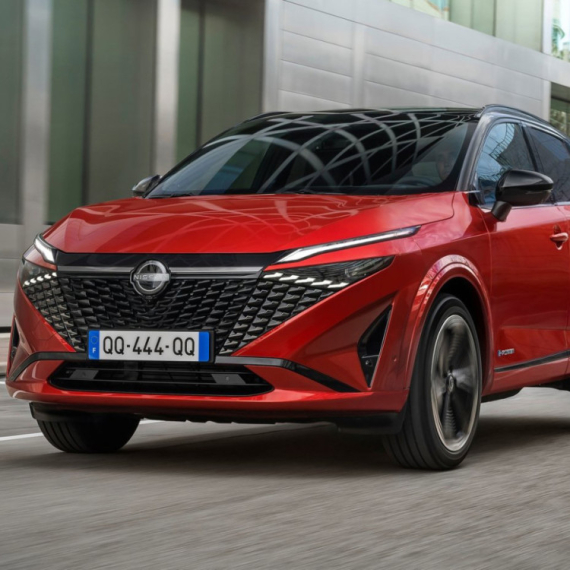


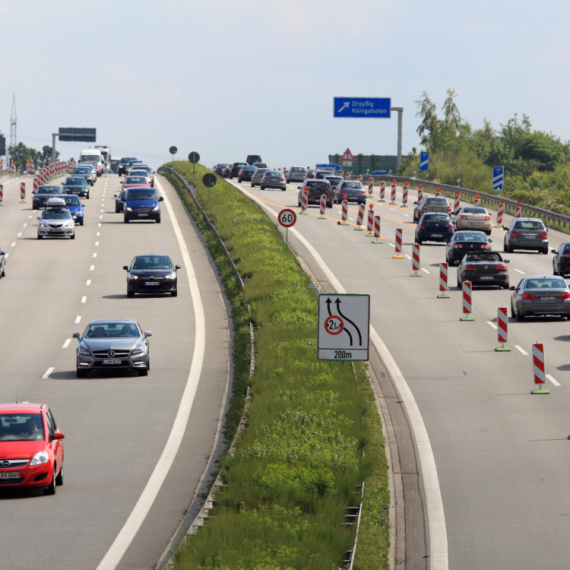

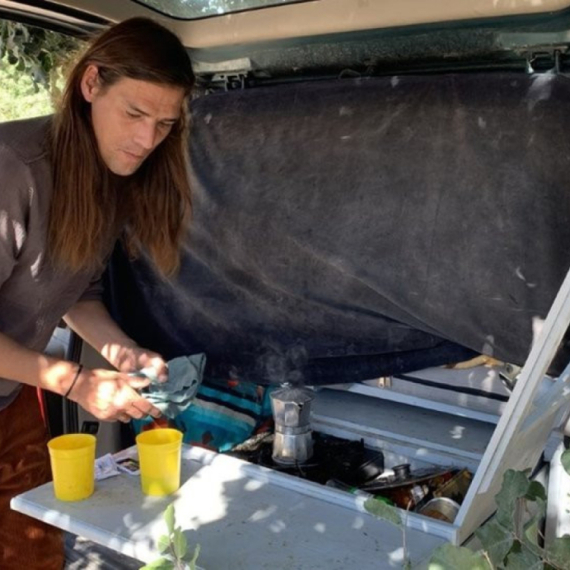
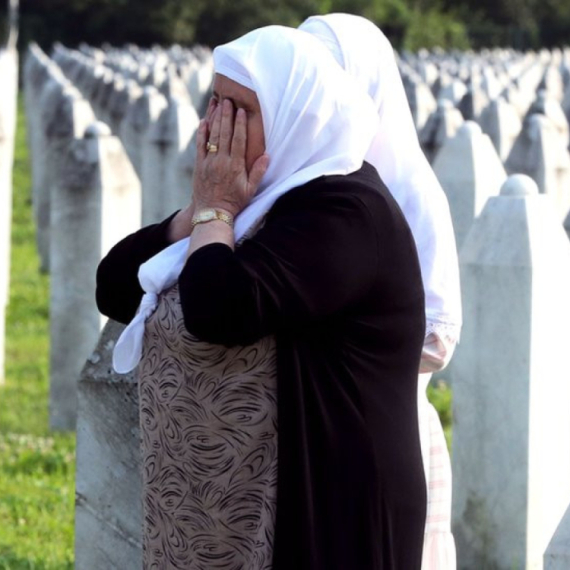
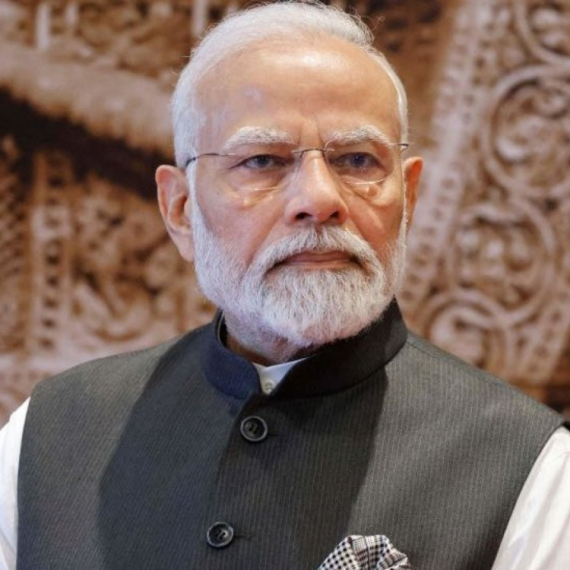


Komentari 2
Pogledaj komentare